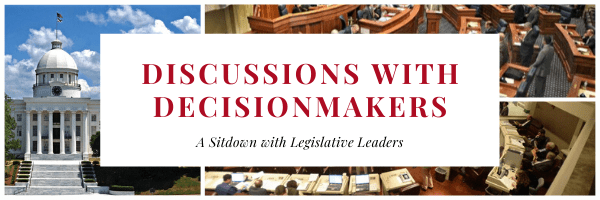2022 Medicare Physician Fee Schedule Rule – Conversion Factor and More
By: Anthony Romano, Burr & Forman, LLP
On November 2, 2021, the Centers for Medicare & Medicaid Services (“CMS”) issued a final rule (the “PFS Rule”) which includes updates for Medicare payments under the Physician Fee Schedule, and other Medicare Part B issues, on or after January 1, 2022. The PFS Rule is described as part of a broader Administration-wide strategy to create a health care system that results in better accessibility, quality, affordability, empowerment, and innovation. Multiple policy changes were included in the PFS Rule, a few of which are highlighted below:
Conversion Factor –
The PFS Rule set the fixed-dollar conversion factor (the amount CMS pays per RVU) for 2022 at $33.59. This is a decrease of $1.30 from the 2021 conversion factor. CMS noted that they took the 2021 calendar year conversion factor (without the 3.75% increase provided by the CAA) and multiplied it by the budget neutrality adjustment required to offset the spending impact of any changes exceeding $20 Million from what the 2022 expenditures would have been absent any changes.
Billing for Physician Assistant (“PA”) Services –
Beginning January 1, 2022, Medicare can make direct payment to PAs for professional services that PAs furnish under Part B. As you likely know, Medicare payment for PA services currently can only be paid to a PA’s employer and cannot be billed directly by the PA (unlike nurse practitioners and clinical nurse specialists who can bill Medicare and be paid directly). Effective January 1, 2022, PAs may bill Medicare directly for their professional services, may reassign their rights to payment for their professional services, and may incorporate as a group comprised solely of PAs and bill Medicare for PA services. The PFS Rule did not change the requirement that PA services be performed under physician supervision.
Rural Health Clinics (“RHCs”) and Federally Qualified Health Centers (“FQHCs”) –
Absent changes in the definition of “mental health visits,” RHCs and FQHCS would no longer be paid by Medicare for mental health care services delivered via telecommunications technology after the COVID-19 public health emergency. In order to avoid potentially problematic interruptions to mental health care in rural and vulnerable populations, for 2022, CMS revised the definition for RHC or FQHC “mental health visits” to include visits furnished using interactive, real-time telecommunications technology. This change will allow RHCs and FQHCs to report and receive payment for mental health visits furnished via real-time telecommunication technology in the same way they currently do when visits take place in-person, including audio-only visits when the beneficiary is not capable of, or does not consent to, the use of video technology. The PFS Rule does require an in-person, non-telehealth visit at least every 12 months for these services; subject to certain exceptions which are documented in the patient’s medical record.
Opioid Treatment Program (“OTP”) Payment For Audio-Only Interaction –
The PFS Rule provides Medicare coverage and payment for OTP’s furnishing counseling, individual therapy, and group therapy services via audio-only interaction (such as telephone calls) after the conclusion of the COVID-19 public health emergency in cases where audio/video communication is not available to the beneficiary, including circumstances in which the beneficiary is not capable of or does not consent to the use of devices that permit a two-way audio/video interaction, provided all other applicable requirements are met. When services are furnished using audio-only technology, practitioners must certify that they had the capacity to furnish the services using two-way audio/video communication technology, but instead, used audio-only technology because audio/video communication technology was not available to the beneficiary.
Please do not hesitate to contact us should you have any questions about the PFS Rule or how the PFS rule may impact you or your practice.
Anthony Romano practices with Burr & Forman LLP in the firm’s Health Care Industry Group. Anthony may be reached at aromano@burr.com or (205) 458-5210.
Posted in: Uncategorized
Leave a Comment (0) →


